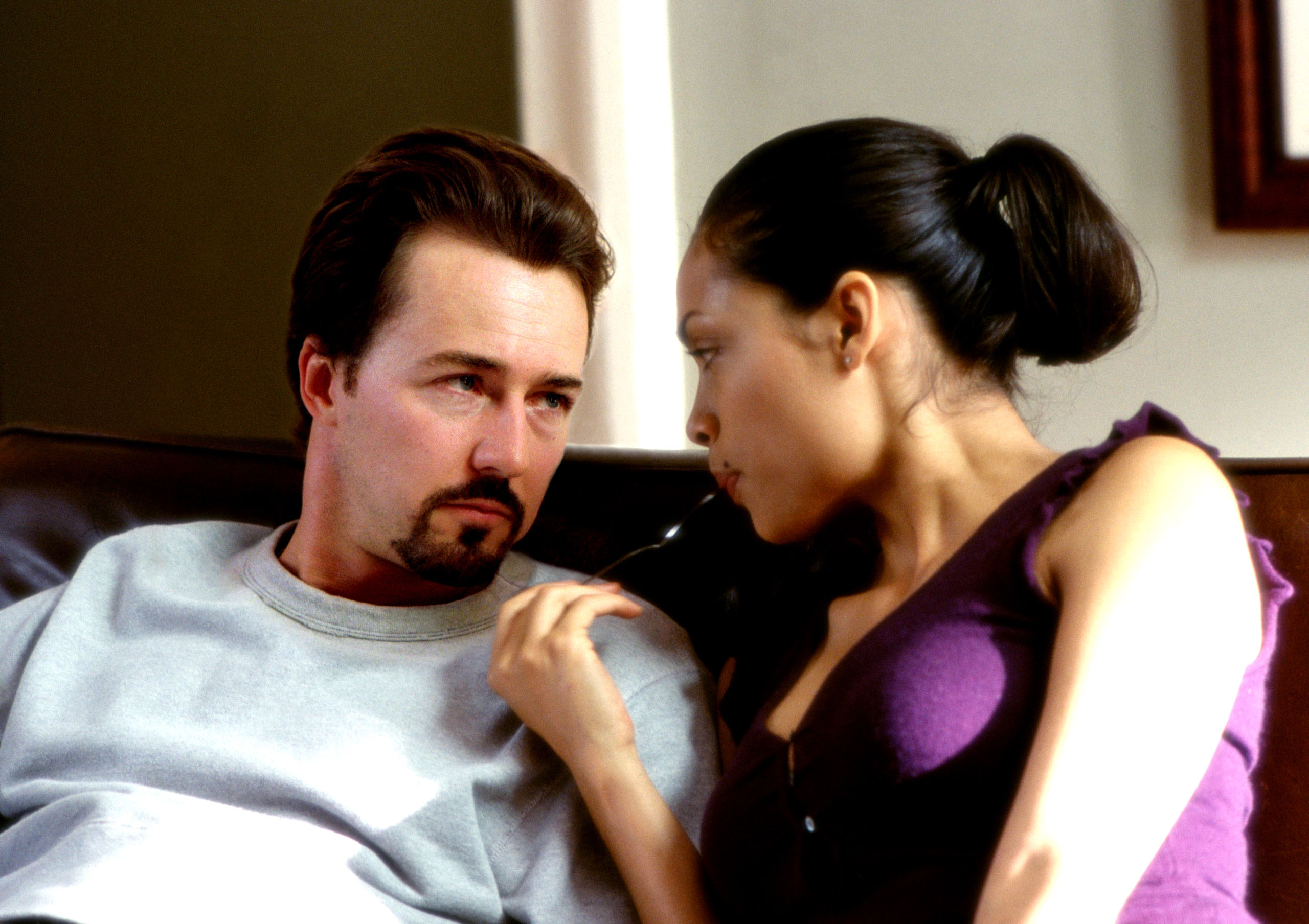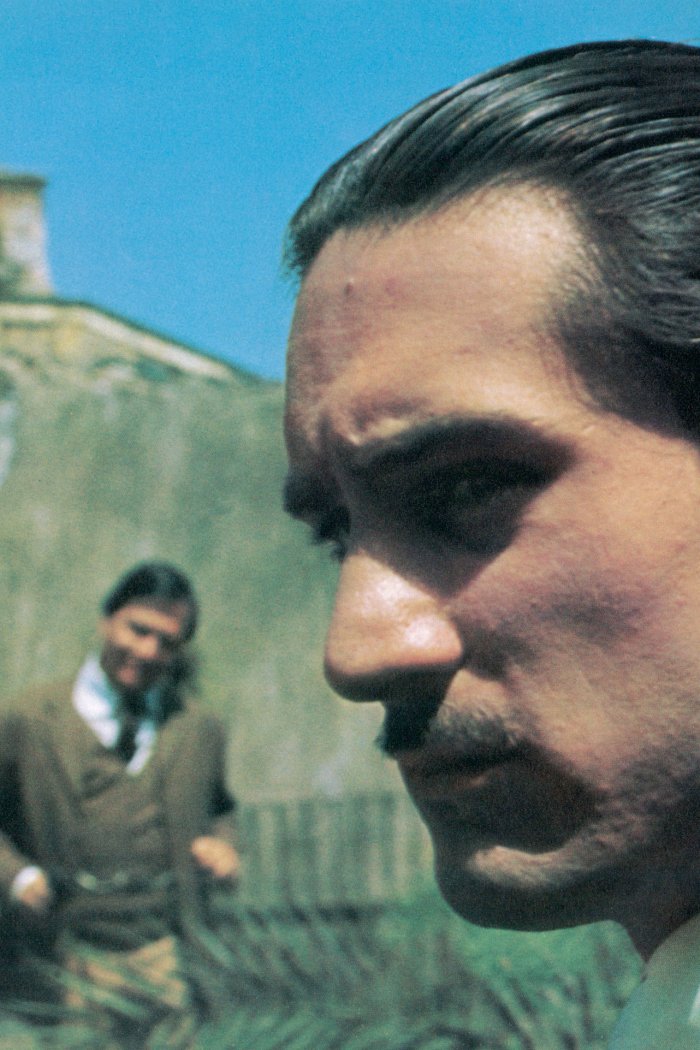One of the ways humans respond to large-scale tragedies is by making art. Unfortunately, it’s not always good art. In the years after 9/11, several filmmakers attempted to scale both the enormity and the haunting details of the event. But there’s only one great 9/11 movie—a movie that isn’t overtly about 9/11, yet holds its dust like a reliquary—and it’s Spike Lee’s 25th Hour. Edward Norton’s drug dealer Monty Brogan, about to go to prison for seven years, spends his last night of freedom in his always-home, New York City. He connects with his two oldest friends (Barry Pepper and Philip Seymour Hoffman), and spends some wistful, stressful time with his girlfriend, Naturelle (Rosario Dawson), who just may have betrayed him. Set in the time when the spot once occupied by the Twin Towers was still a dusty open grave, the movie—adapted from David Benioff’s 2001 novel—shifts between poles of mournfulness and joy that’s just out of reach; sometimes it’s funny, and sometimes it burns. 25th Hour is a vessel into which Lee pours his own love for troubled, crazy New York. He’s a truth-telling artist, and sometimes a confrontational one. But he’s also, to borrow a phrase from Cornel West, a love warrior, a filmmaker who pours his soul into his movies, who sees the past as a key to changing the future, who’s as interested in showing us the way forward as he is in showing us where we’ve gone wrong. Most of us paddle along believing there are only 24 hours a day; Lee accepts the mystical possibility of a 25th, a magic hour when we can achieve things we’d previously only imagined.
- Cybersecurity Experts Are Sounding the Alarm on DOGE
- Meet the 2025 Women of the Year
- The Harsh Truth About Disability Inclusion
- Why Do More Young Adults Have Cancer?
- Colman Domingo Leads With Radical Love
- How to Get Better at Doing Things Alone
- Michelle Zauner Stares Down the Darkness





